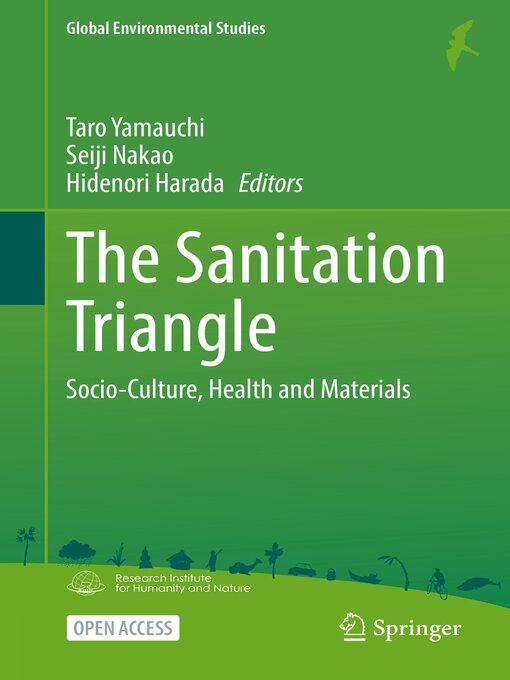- Newly Added eBooks
- Most Popular eBooks
- Try Something Different
- Endgame Education
- Indie Authors
- See all
- Newly Added Audiobooks
- Most Popular Audiobooks
- Try Something Different
- Audiobooks for the Whole Family
- Great Narrators
- See all
- Favorite Magazine Picks
- Health & Fitness Magazines
- Sports
- Food & Cooking
- Business & Finance
- Crafting
- News
- Magazines are Here
- See all

